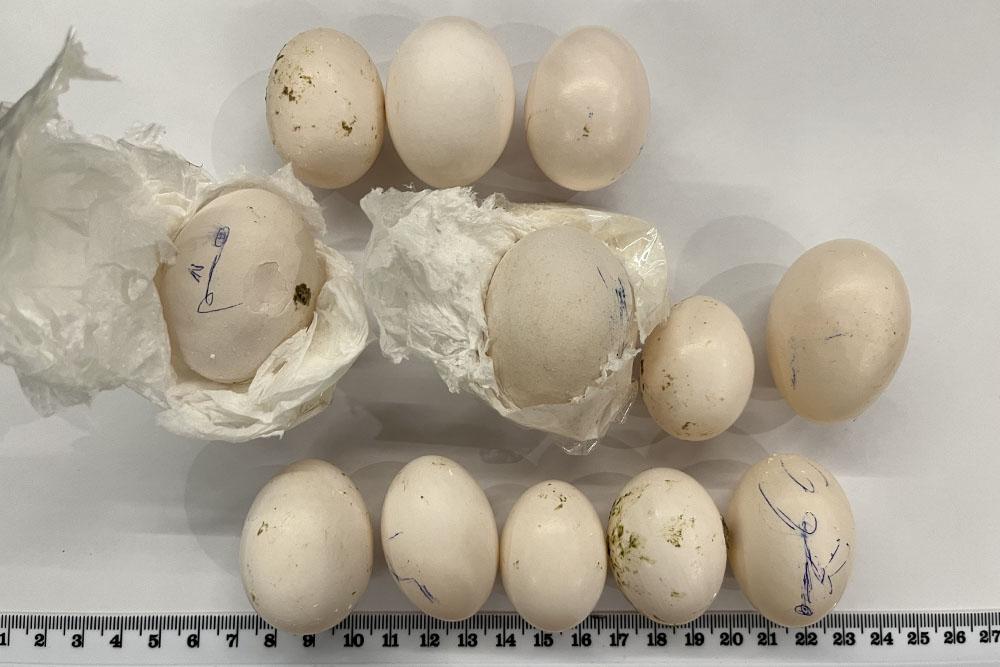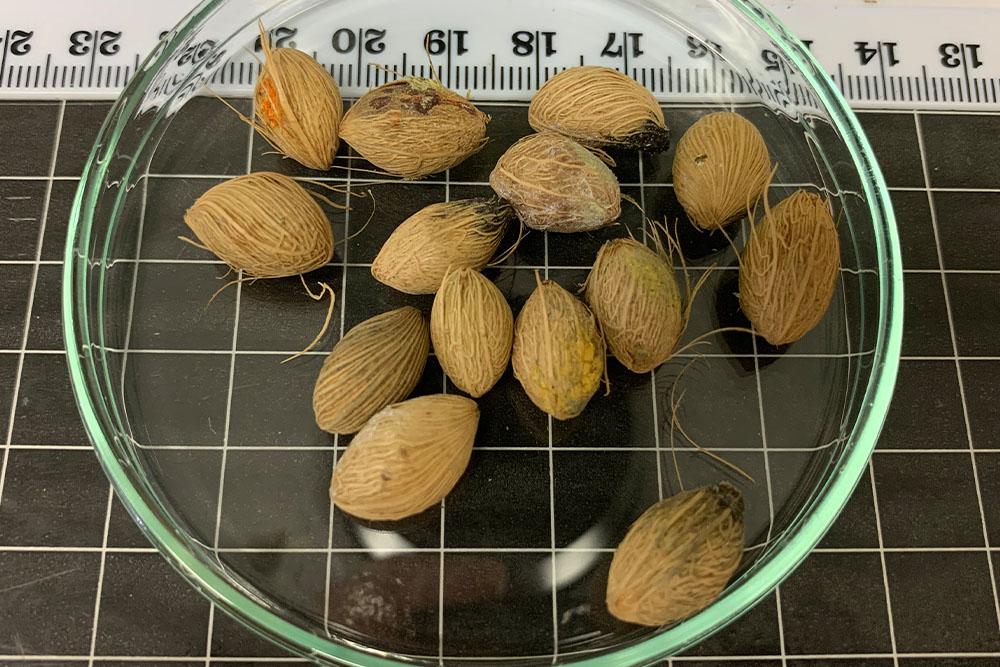In March, stakeholder engagement activities were conducted across several villages in the Western Province of Papua New Guinea (PNG) to raise awareness of Australian biosecurity requirements.
These visits targeted residents from villages who visit Torres Strait for traditional trading and other approved activities under the Australian and PNG Torres Strait Treaty agreements.
The visits were attended by Acting Senior Biosecurity Officer Valent Kirk from the Science and Surveillance Group’s Northern Australia Quarantine Strategy Torres Strait Operations Team.
Given the close proximity of PNG to the Torres Strait, there’s an ongoing risk of exotic pests, disease and weed movements between the two countries.
Key biosecurity threats across the regions include those associated from migratory birds, flying insects, monsoonal winds and the movement of people and goods between Papua New Guinea, the islands of the Torres Strait and the Australian mainland.
Additional visits were conducted between April and May in far north Queensland and the Torres Strait Islands to engage with stakeholders, evaluate risk profiles and further raise awareness of biosecurity risks.
Grant Doherty, Senior Investigator with the North-East Investigations Branch, joined these visits to reinforce compliance and enforcement efforts with key industry and community stakeholders in the region.
He highlighted the importance of informing local communities about biosecurity requirements for goods, cargo, people, aircraft, and vessels traveling between the Torres Strait and mainland Australia, as well as traditional movements from Papua New Guinea to Torres Strait islands.
Engagement activities in PNG were co-ordinated by the Department of Foreign Affairs and Trade (DFAT) and included representatives from DFAT, the Australian Border Force and the Australian Federal Police.
For more information about biosecurity awareness activities, please contact topwatch@aff.gov.au



